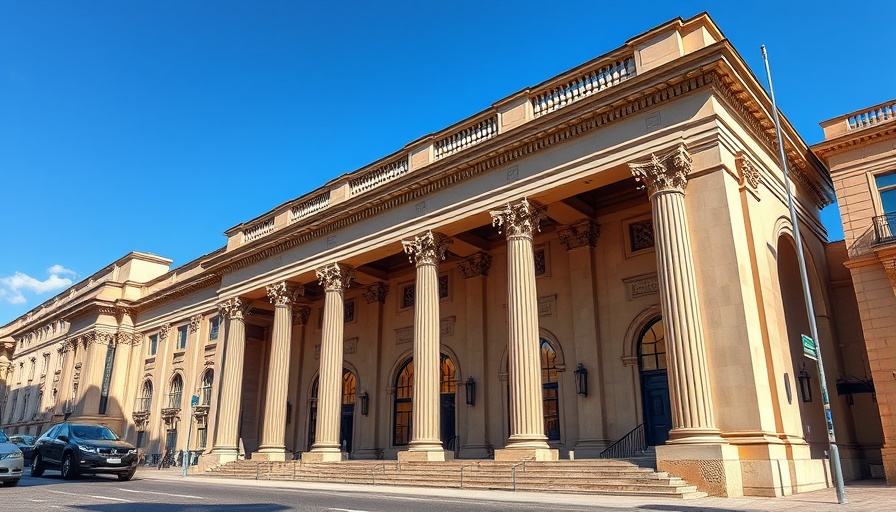
Unveiling the Amtrak Bribery Scheme
A significant legal controversy has emerged in the construction industry with the indictment of a Chicago contractor involved in a remarkable bribery scheme linked to Amtrak. Accusations reveal that the contractor allegedly bribed a high-ranking Amtrak official with nearly $325,000 over several years. This shocking revelation raises crucial questions about ethics in business operations and contracting practices.
Understanding the Allegations
The core of the allegations includes not only bribery but also fraud, as the contractor purportedly sought to manipulate Amtrak's procurement process to win substantial contracts unfairly. The contractor's actions have drawn the glaring attention of authorities, raising alarms about integrity within the public contracting sector. These activities, if proven, showcase the extreme lengths to which some might go to secure lucrative contracts.
Impact on the Construction Industry
This incident is particularly disconcerting for clients of commercial construction companies. With trust being a fundamental currency in business, revelations like this can significantly erode confidence in contractor practices. Companies and clients alike must be vigilant, ensuring that they engage with vetted contractors who prioritize ethical practices. This serves as a reminder of the importance of transparency and integrity in every project.
Legal Implications and Industry Consequences
The ramifications of this case could ripple through the construction sector, where ethical standards and legal compliance are paramount. As investigations continue, other contractors might find themselves under scrutiny, and tighter regulations could follow to prevent future misconduct. Clients are advised to stay informed and support practices that enhance transparency within the industry.
What Clients Should Consider
As the dust settles on this evolving story, it is crucial for clients of construction companies to maintain due diligence in their selection processes. Clients should consider asking specific questions regarding a contractor's compliance record, ethical practices, and commitments to transparency. By ensuring these elements are part of the decision-making process, clients can contribute to a more honest and prosperous construction landscape.
This case acts as a powerful illustration of the consequences when ethical lines are crossed in business. It underscores the significance of maintaining integrity in all dealings, serving as both a warning and a lesson for prevalent practices in the commercial contracting sphere.
In light of this unfolding story, it is vital for stakeholders in the construction sector to engage actively in ensuring that standards of ethics and transparency are upheld. Clients should take a stand to support companies that prioritize these values in their operations.
 Add Row
Add Row  Add
Add 




 Add Row
Add Row  Add
Add 

Write A Comment